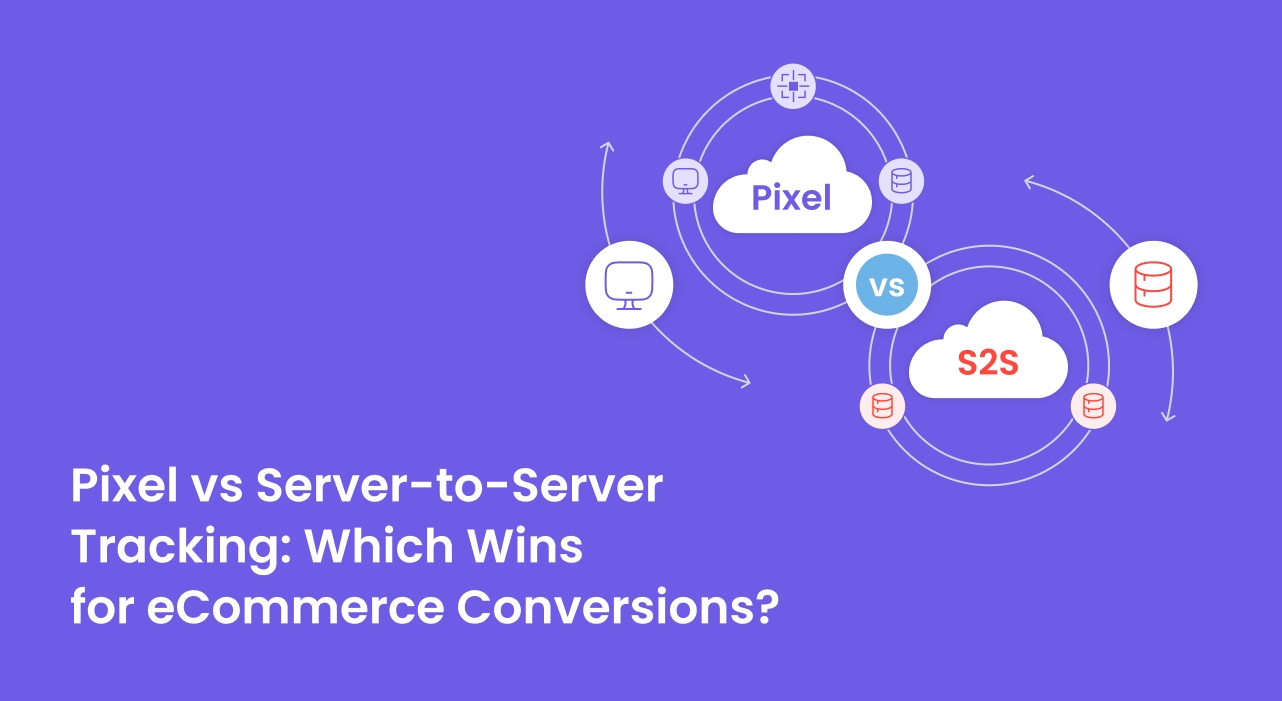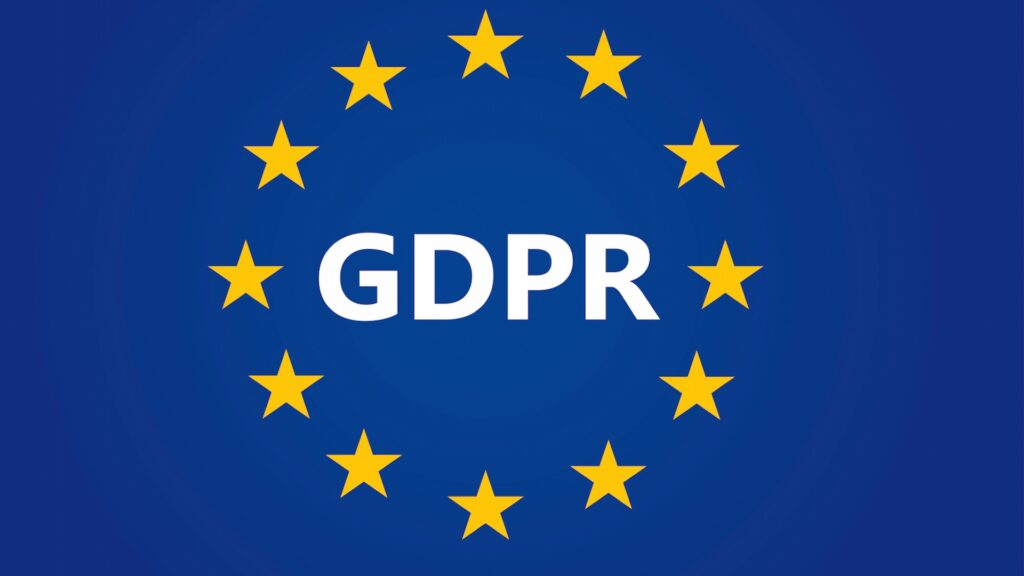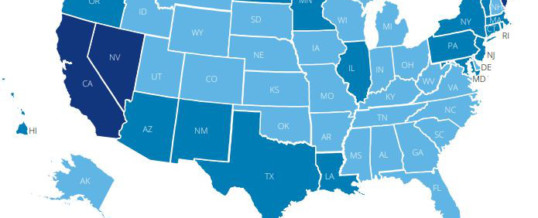
How Digital Privacy Changes are Affecting Marketers Now


Digital privacy is an ongoing concern worldwide. By the end of 2020, 70% of countries had data privacy legislation in place. In short, privacy laws are here to stay, and it’s time to learn to live with them.
That starts with understanding the rules and regulations and the impact they have on your digital marketing efforts. Once you learn to live and work with them, you’ll realize that curling up in a ball and ugly-crying about the end of the digital marketing world might have been an overreaction.
General Data Protection Regulation (GDPR)
The General Data Protection Regulation (GDPR) is a European Union law that governs data protection and privacy for EU citizens.
GDPR regulations, among others, state that users must actively opt-in to a website or platform’s information collection.
Further, in October 2019, an EU court ruled that an active and explicit opt-in was required before setting cookies or collecting personal data. This affects the previously-common practice of automatic opt-ins that require users to manually opt-out.

There are ways to overcome some of these restrictions and keep plowing forward digitally. They include:
- Have a big consent banner (smartphone users are more likely to give approval because the banner takes up most of the screen)
- Create opt-in forms in order to create email marketing lists
- Personalize your advertising
US Federal Consumer Privacy Laws
The US doesn’t have a GDPR-type law or a nationwide data security law at this time. There are digital privacy rules in place in different states, however, that marketers should be aware of, including:
- California Consumer Privacy Act (CCPA): This Act addresses some consumer data privacy concerns but not on the scale of GDPR. It provides the right to delete, access and opt-out.
- Massachusetts Data Privacy Laws: Similar to CCPA, but under Massachusetts law, consumers can sue for a violation without suffering the loss of money or property.
- Hawaii Consumer Privacy Protection Act: Similar to CCPA, but websites anywhere in the world could technically violate this law.
Canadian Draft Federal Bill C-11 & the Consumer Privacy Protection Act (CPPA)
As the heading states, this is a draft of legislation that was announced in Canada in November 2020.
If the CPPA passes into law, it will ensure increased consumer rights and greater control over personal information. The CPPA rivals GDPR’s strictness and will provide GDPR-type rights to citizens.
iOS 14’s Device-Based Digital Privacy Reform
In a nutshell, Apple’s iOS 14 update means users are required to give apps permission to track them across apps and websites owned by other companies (known as ‘third-party data’).
As tracking is one of the main tools in the digital marketer’s toolkit, this change is expected to have a significant impact on ad buyers and social media marketing campaigns. The extent of the impact, however, remains to be seen.

Pro Tip: For an in-depth explanation of what marketers should know about iOS 14, check out this post.
Apple says they are solely interested in their users’ privacy. During his keynote speech at the Privacy and Data Protection conference in January 2021, Apple CEO Tim Cook said that "if a business is built on misleading users, on data exploitation, on choices that are no choices at all, then it does not deserve our praise. It deserves reform.”
There is an argument to be made that Apple isn’t really interested in users’ privacy but looking out for themselves, as Apple takes a cut from app developers and up to 30% on in-app purchases and subscriptions. But for now, Apple is shaping the policy conversation by instituting changes that political and legal entities haven’t achieved yet.
Further, how drastic will the impact of all this really be?
Most platforms are forecasting a modest impact, but Facebook has been the most vocal in expressing concern. Google has tried to get ahead of the game by opting-out of IDFA (an identifier provided by Apple, bizarrely enough, to help link the same user across platforms).
In effect, this means the pop-up won’t appear for them. Google has also said it will stop using data from third parties to comply with Apple’s IDFA opt-out requirements.
Final Thoughts on Digital Privacy Laws’ Impact on Online Marketing
There are some lessons in this for everyone worrying about iOS 14, other data regulations, and other potential obstacles to your marketing.
For example, some predicted doom and gloom with the introduction of GDPR. Some changes were required, but clever marketers have been able to improve their targeting and fine-tune their campaigns accordingly. For the most part, these brands saw prospect numbers decline but conversions and sales increased.
If you’re proactive in exploring how these laws affect the ways you reach your audience, it won’t be long before you’re comfortable with the new normal. And by staying ahead of digital privacy law changes, you’ll have a leg up when the competition is playing catch-up.
For more information on digital privacy laws, as well as lots of advanced and exclusive digital marketing secrets, click here to Join AdLeaks now!


